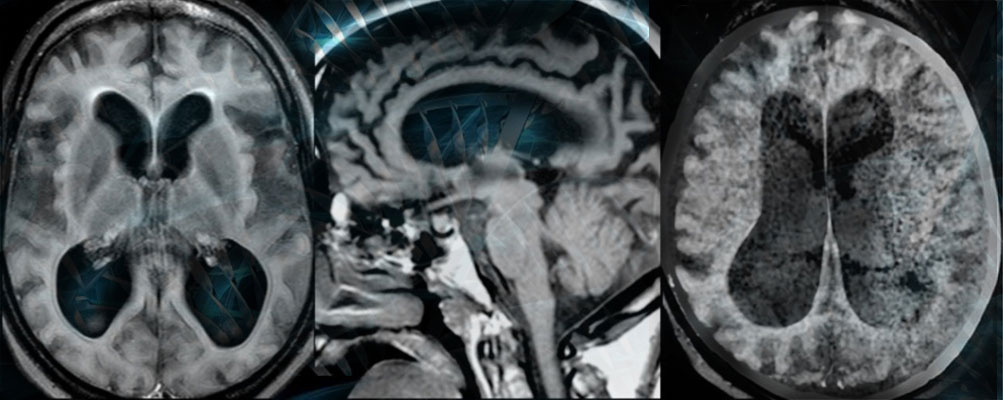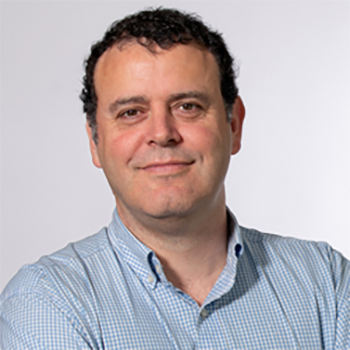Sandhoff Disease Investigators

Terence Flotte, MD
Professor of pediatrics, Celia and Isaac Haidak Professor of Medical Education
Flotte LabClinical Trials
At the Li Weibo Institute for Rare Diseases Research, our researchers and clinicians are dedicated to finding new treatment options for patients. Our clinical trials program is another way we continue to advance treatments and make new discoveries. If you or someone you know may be interested in a clinical trial, please subscribe for updates and you will be notified when we open up a new trial.




